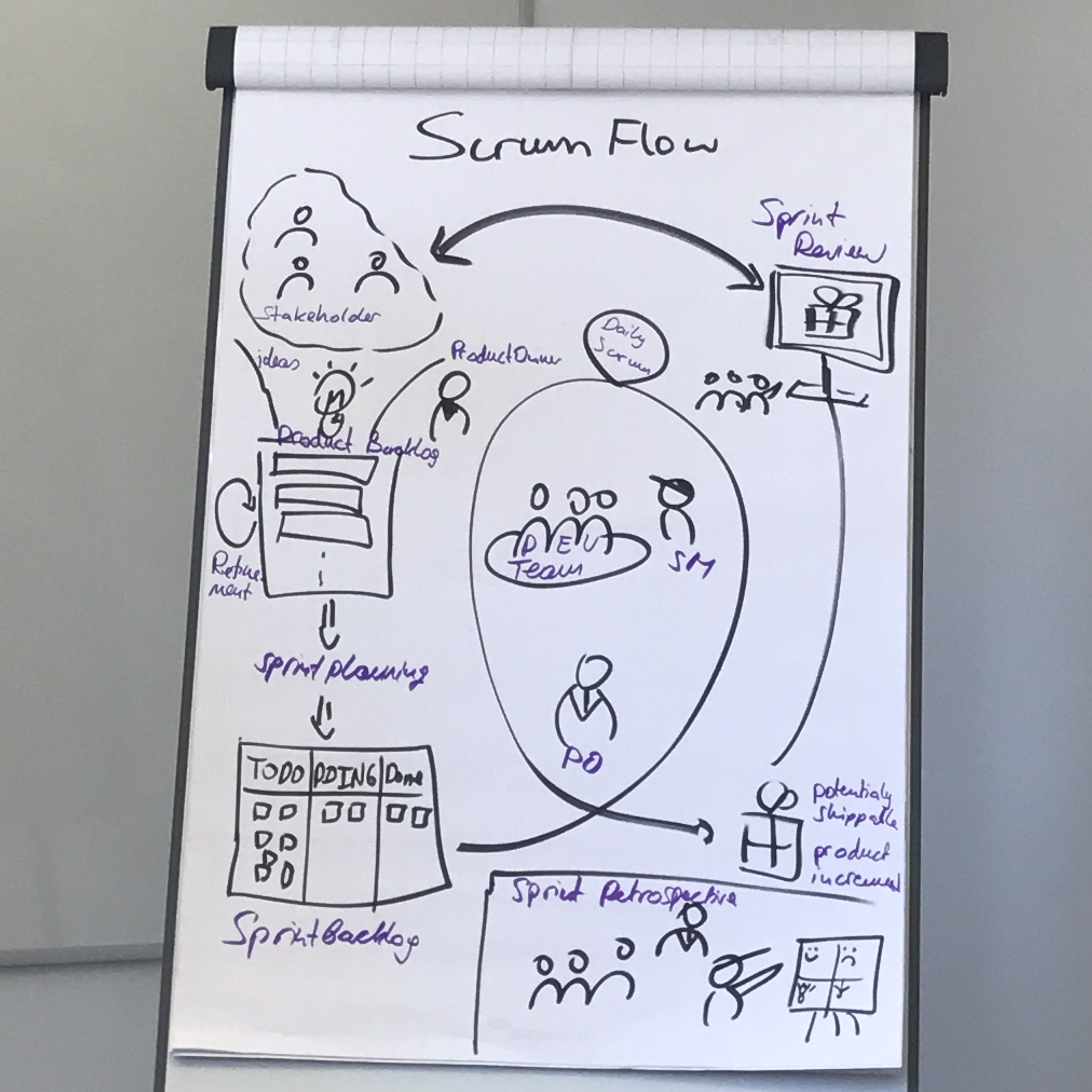As 2016 is coming to an end with all its ups and downs, it made me reflect on what really happened in my life during that year and what’s coming for the years ahead.
I don’t look at life in years, I look at it in milestones. I have an idea of where I want to go next but I don’t put specific time frames tied to years or my age. After all, goals are dependent on many factors, some we can control, others we can’t, and that’s why I believe one shouldn’t tie goals to a calendar. Calendars can act as a guidance, but not as milestones.
If I had to pick one theme for my 2016 with all that happened, I would call it the year of willpower.
I once heard Ahmed Al Shugairi talking about the book “The willpower instinct” and how it changed his life to become a better person. He quit smoking completely after more than 10 years. I had the book on my list for long but finally managed to listen to it few months ago while I was in the middle of many willpower challenges.
My biggest willpower challenge was a compulsive behavior I don’t like talking about that took me long to overcome. It wasn’t easy but I finally managed to overcome it.
My second biggest willpower challenge this year was information control. Deleting my Facebook account was a huge challenge with lots of deactivation and reactivation. Deleting Snapchat, Twitter, and Nuzzel from my phone came only recently. It wasn’t easy. Every time I deleted one of the apps I cheated by logging to the mobile web version. I can’t even say now that I completely got rid of them as sometimes I itch to download twitter or nuzzel out of my fear of missing out.
My third challenge was to write consistently. I wrote more than 50 blog posts this year, and I hope to get better and write more.
My biggest learnings going through this
- Willpower is one of the most mentally consuming tasks, that’s why our brains always give it up to reallocate this mental power for other tasks.
- Things take time. This reaffirmed my point of view of not tying milestones to calendars.
- One shouldn’t beat themselves up or restart every time they fail in the willpower challenge. If you cheated once don’t wait till next day to start over, just move on.
- Environment, environment, and environment. Big part of willpower failures come from not changing our environment. Sometimes changing the environment isn’t possible, however being aware of its influence on a behavior is crucial to resist its triggers.
I can’t say I mastered willpower, no one can. I still have many willpower challenges on my list like eating healthy, reading books daily, allocating time to learn about new stuff, not to fear trying something instead of just getting the theoretical knowledge about it, and many more. Let’s see what 2017 will bring.
Happy new year!

